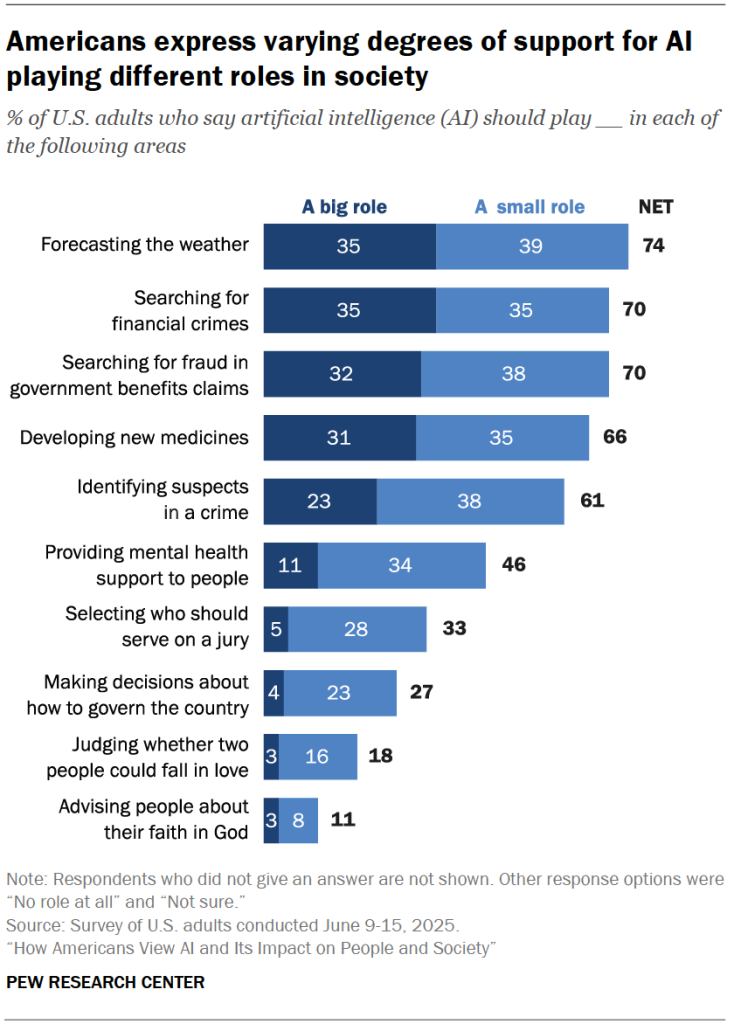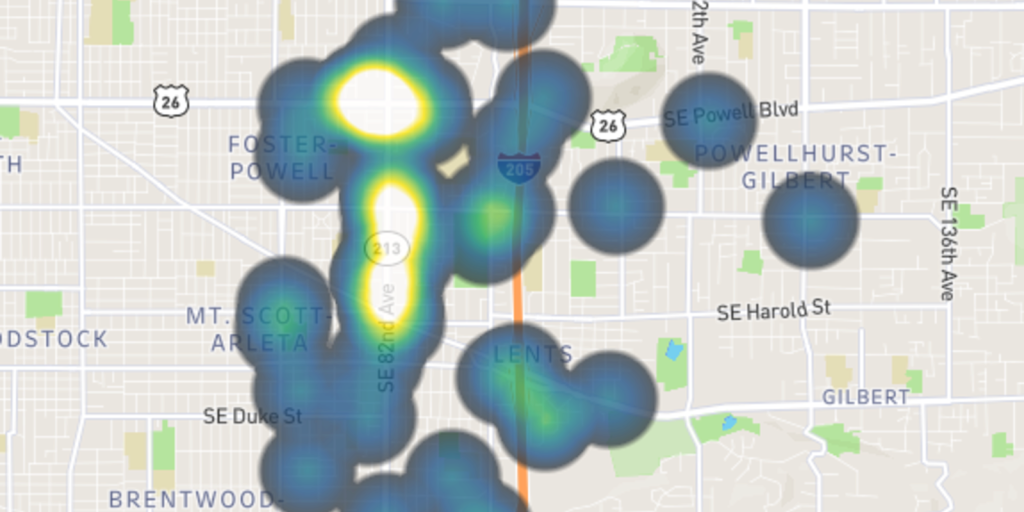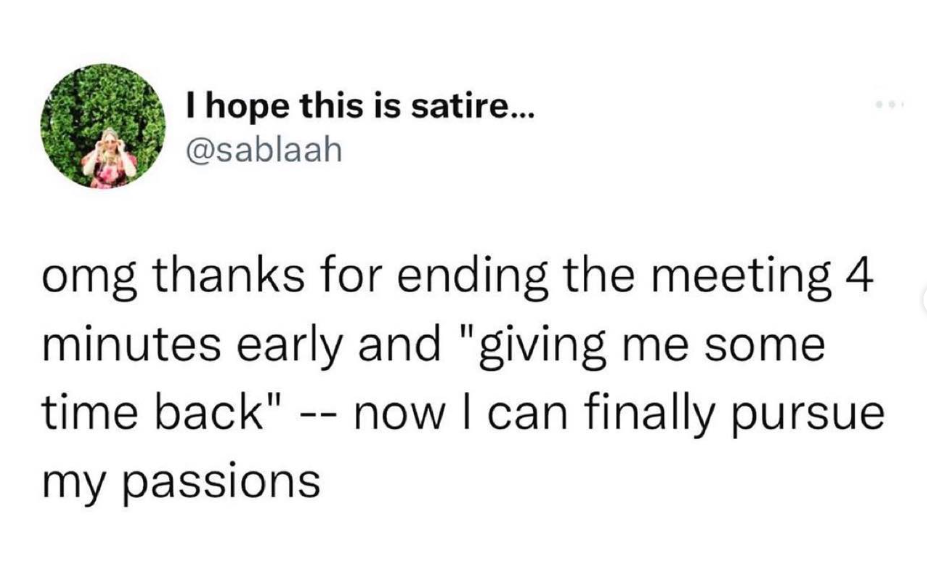Good Monday Morning
Happy autumn on this September 22nd. Rosh Hashanah begins at sundown, Yom Kippur is next week.
Today’s Spotlight is 1,064 words, about 4 minutes to read.
3 Headlines to Know Now
Samsung Turns Your Fridge Into a Billboard
A new software update puts ads on Samsung’s Family Hub refrigerators in the US as part of its “screens everywhere” push that now means ads everywhere.
Rolling Stone’s Owner Sues Google over AI Overviews
Penske Media, publisher of Rolling Stone and Variety, claims that Google AI summaries steal its reporting, drain traffic, and threaten the business model behind major magazines. That’s all true, and Google said for years they would do just that. (WSJ gift link)
Google Ad-Tech Remedies Trial Starts Monday
A Virginia court will begin weighing penalties that could break up Google’s ad-tech empire, including forcing it to spin off Ad Manager and AdX, the platforms used by most advertisers.
What We Want AI to Do
By The Numbers

George’s Data Take
The key data point here is that one-third of Americans thought that AI should play a big role in only two categories: weather forecasting and analyzing financial crime data.
These are the often silent objections you’re dealing with when you launch AI initiatives. From the beginning, a significant portion of your audience is skeptical. Some are even hostile.
AI Slop Comes For Social Media
Running Your Business
A man in the Philippines is part of a growing trend of creators who produce AI-only video content on YouTube and has made up to $9,000 monthly for a job he says takes an hour or two a day.
Silver Beacon Behind the Scenes
The issue isn’t an adorable fake video like the viral bunnies on trampolines, but the inequality between people who create what we consume and the one-in-a-million who makes six figures instead of six dollars.
All of your creatives are under siege, from your graphics people to your copywriters. And to be fair, generative AI can churn out pages of copy and thousands of images. But who is going to decide if it’s any good, or more importantly, if it’s what your organization needs?
Selling Location Data Just Cost Verizon $47 Million

A federal appeals court upheld a $47 million fine against Verizon for selling customer location data without meaningful consent. Other courts have ruled differently in similar cases, setting up a likely Supreme Court fight over how the law treats this sensitive information.
What is Location Data?
Every smartphone constantly produces signals about where it is, which also means where you are. That data can reveal your home, workplace, doctor visits, routines, and favorite hangouts. In other words, it’s a map of your private life.
Location data is not only a goldmine for marketers, but also governments, criminals, and, yes, data brokers.
Why It Matters
Selling precise location trails can open the door to stalking, scams, predatory pricing, and profiling. Privacy groups argue that ads don’t need pinpoint tracking to show someone what’s nearby. Industry groups counter that bans will make local ads less useful and more expensive.
They’re both correct. My company doesn’t often need pinpoint accuracy, but I’d feel differently if I were advertising for a retail chain.
How Verizon Got Here
For years, Verizon sold access to “location aggregators” like LocationSmart and Zumigo. These middlemen resold the data to dozens of other companies.
One buyer, Securus Technologies, gave law enforcement real-time phone tracking, sometimes without warrants or consent. A Missouri sheriff abused the system to track judges and police officers.
That same kind of data, though, can also aid legitimate investigations. After mobs took over the Capitol on January 6, federal agents subpoenaed phone records of everyone inside.
The Legal Split
The Second Circuit (Verizon) and D.C. Circuit (T-Mobile) upheld big fines. The Fifth Circuit let AT&T off the hook. That split makes Supreme Court review likely.
States Step In
Oregon banned sales of location data more precise than 1,750 feet and restricted ads to kids under 16 just a few months ago. California’s pending AB 322 would ban sales outright.
Bottom Line
The law is catching up, but for now the safest step is personal: check your app settings and limit location access to “while using” instead of “always on”.
Google Dwarfs ChatGPT in Traffic
Practical AI
New data shows Google pulled in 83 billion visits in August compared to ChatGPT’s 5.8 billion, and many of those ChatGPT visits were not for search at all. Experts say that many of those who searched via ChatGPT verified the results on Google.
Resource: Protecting Your Location Data
Protip
A solid resource from Lifehacker earlier this year offers simple steps in phone settings to help you limit location tracking data on your phone.
Fox Host Walks Back Killing Mentally Ill Homeless People
Debunking Junk
Brian Kilmeade urged “involuntary lethal injection” for mentally ill homeless people who refuse treatment and then added, “Just kill them.” The clip spread widely online and sparked outrage. Kilmeade apologized days later calling the remark “extremely callous,” but the comment landed in a moment when many people have been punished or fired for their speech.
Head Starting Mystery Campaign Uniting Baseball and Tennis
Screening Room
New Helmet Can Reach Deep Into The Brain
Science-Fiction World
Scientists at University College London and the University of Oxford built an ultrasound helmet that can focus on tiny areas of the brain to safely change how cells work without surgery. The breakthrough could help treat Parkinson’s disease, depression, and other conditions.
3D Printed Device Pulls Drinking Water From Air
Tech For Good
Two students at Münster University of Applied Sciences built a portable container that uses special materials and 3D printing to turn humidity into safe drinking water, offering up to six liters a day under the right conditions.
Try Some Citizenship Test Questions
Coffee Break
The naturalization test is returning to the longer 2020 version with more civics questions and a higher passing score. Learn more about that and test yourself on 20 questions.
Sign of The Times
